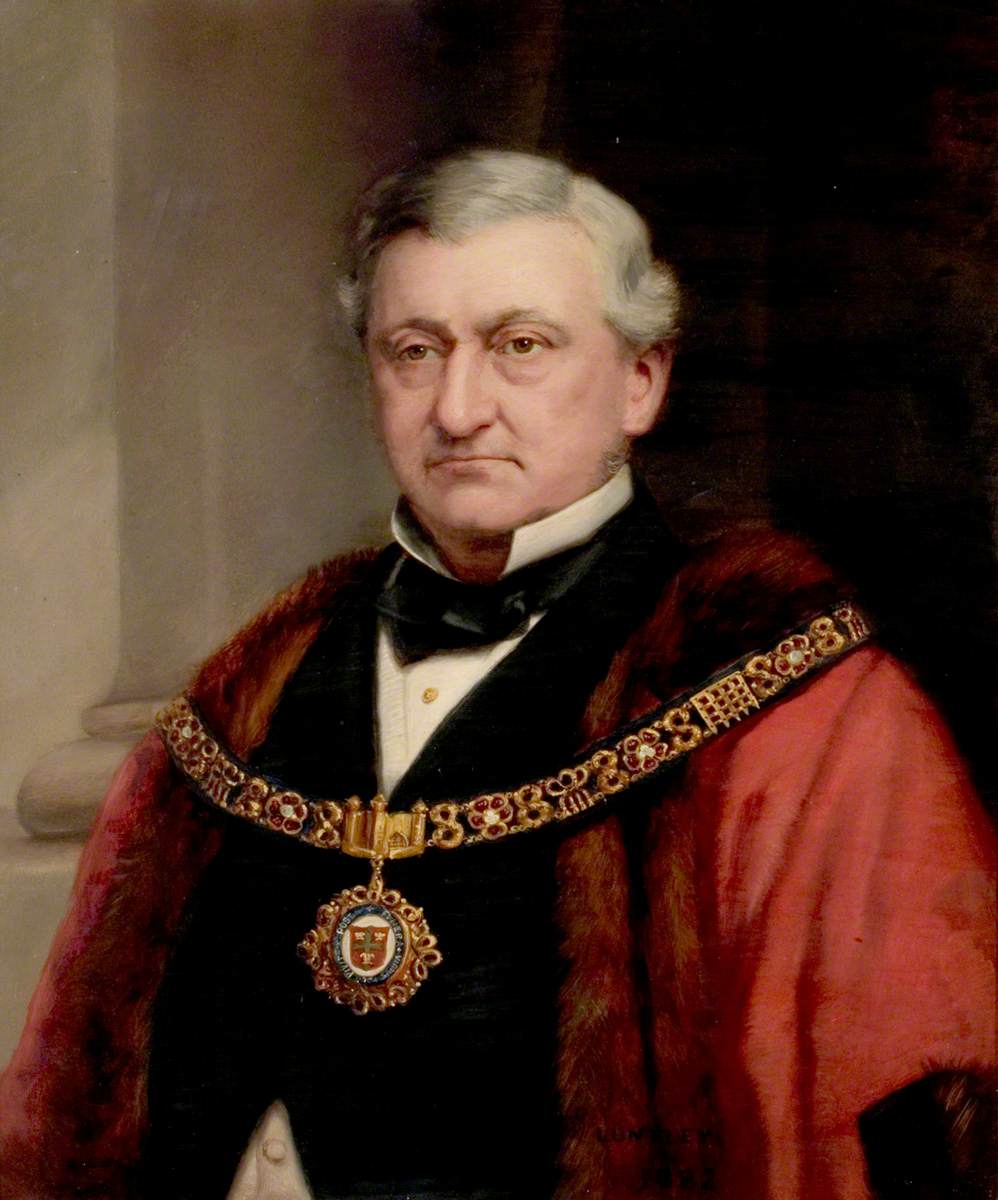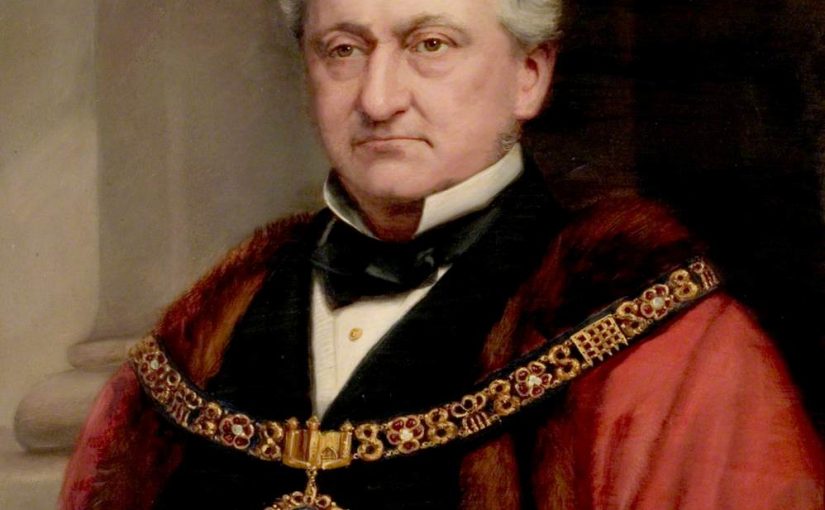Lives In Parallel
During our research into Bendigo, we have found a fascinating piece of history that links our hero to a wealthy Nottingham solicitor named William Parsons.
William Parsons and William Thompson may have lived very different lives, but they lived to a similar age.
Both were born and died a year apart, and both moved to Beeston in later life.
Parsons kept a diary and he makes an entry on 11th and 12th February 1839 about attending Bendigo’s fight with Deaf ‘n’ Burke at Appleby near Ashby de la Zouch in Lecestershire. He also writes about betting on Bendigo and winning £70 on the fight.
The entry in the diary reads
Shrove Tuesday.
Fight between Bill Thompson called Bendigo of Nottingham and deaf Burke, won in ten rounds by Bendigo in about 25 minutes. Tho Tate sent £50 to London yesterday to make good a bet and he will win about £70 or £80 upon the fight.
Attended meeting of the Corn Law question but did not stay till it was over.
Pancakes for dinner.
This reference to Bendigo highlights the significance of his reputation in the country at the time. The sport of prize-fighting was popular with both the rich and the poor.
Parsons’ diaries are preserved in the Manuscripts and Special Collections of the University of Nottingham. There are eight diaries written by William Parsons. There is also a letter book and a memoranda and address book that belonged to William Parsons and his son Frederick. The collection provides details about the life of a solicitor and gentleman in Nottinghamshire in Victorian times and depicts legal cases, politics, leisure and family life.
William Parsons joined his father and younger brother Samuel as a solicitor the family firm of Parsons and Sons based in St James Street, Nottingham. Parsons’ diaries record his day to day activities although he sometimes grew tired of keeping a regular account part way through the year.
He wrote about his social engagements, often followed by a resolution to live a more sober and serious life, and his professional activities, and makes general comments on life in Victorian Nottingham from the perspective of a well-off and politically engaged young gentleman.
By 1844, William had his own office in Park Row and by 1853, he was operating from Wheelergate and living in College Street. William tried unsuccessfully to become a junior councillor for the Corporation of Nottingham in 1834 in a bid to push through land enclosure that would have benefited his family. He was finally elected in November 1835 as one of the councillors for Park Ward.
In 1864 William Parsons was Mayor of Nottingham and a portrait of him is held at the Nottingham Castle collection.
By 1869, William had moved to Clifton Villas, Beeston, Nottinghamshire where he remained until his death in November 1881.

James Luntley (1827–1887)
Nottingham Castle Museum and Art Gallery
